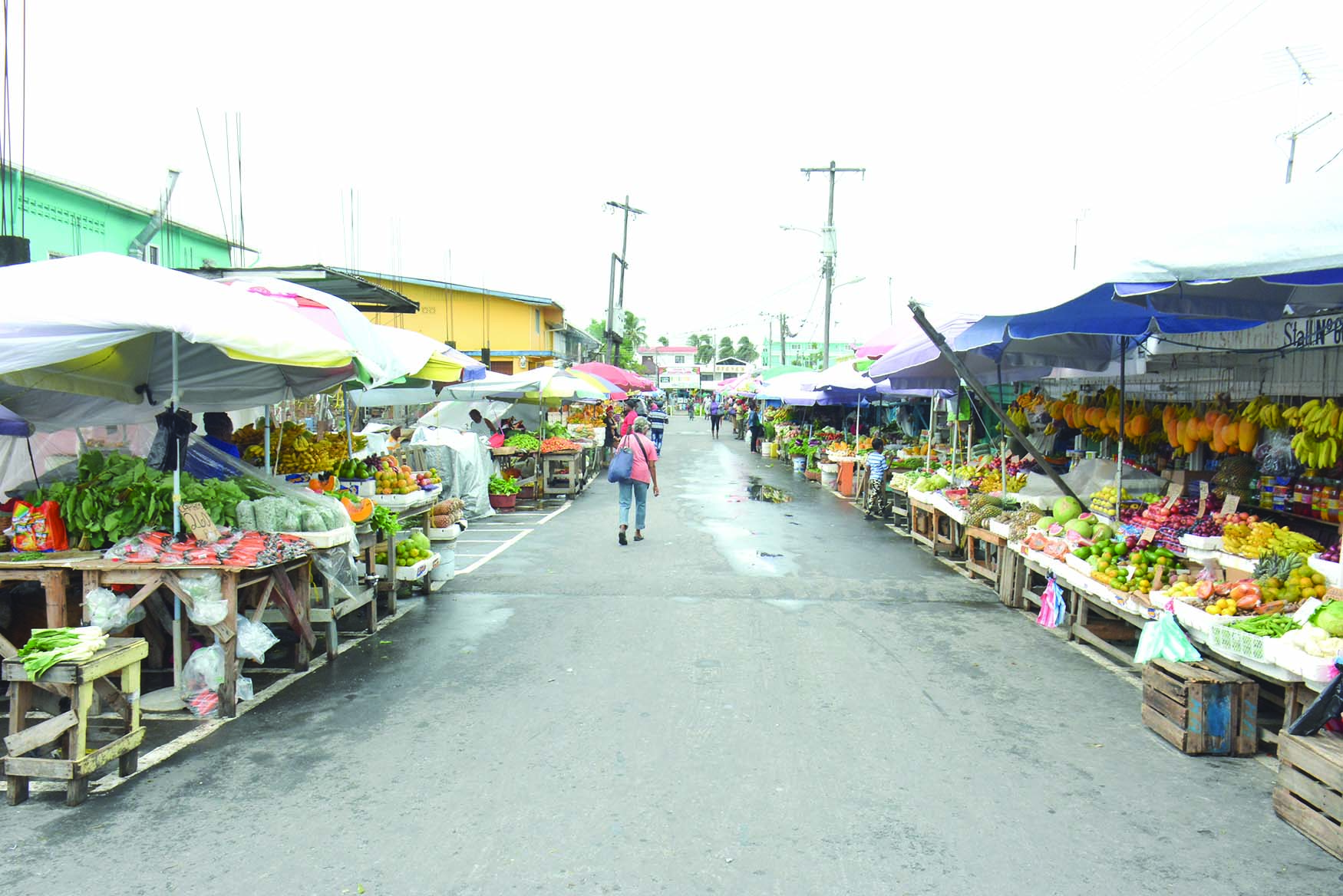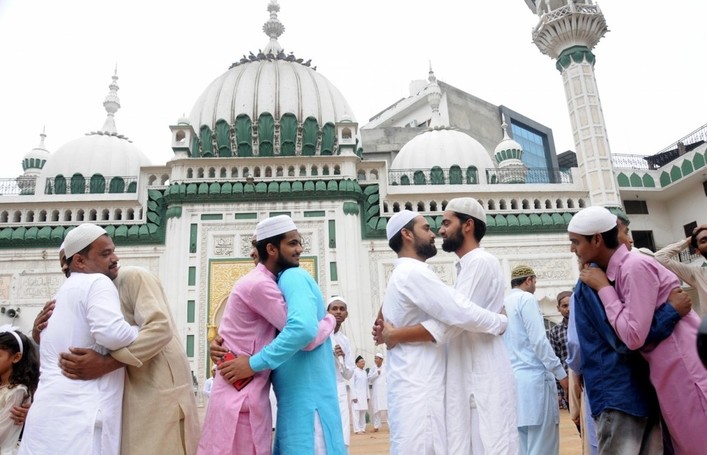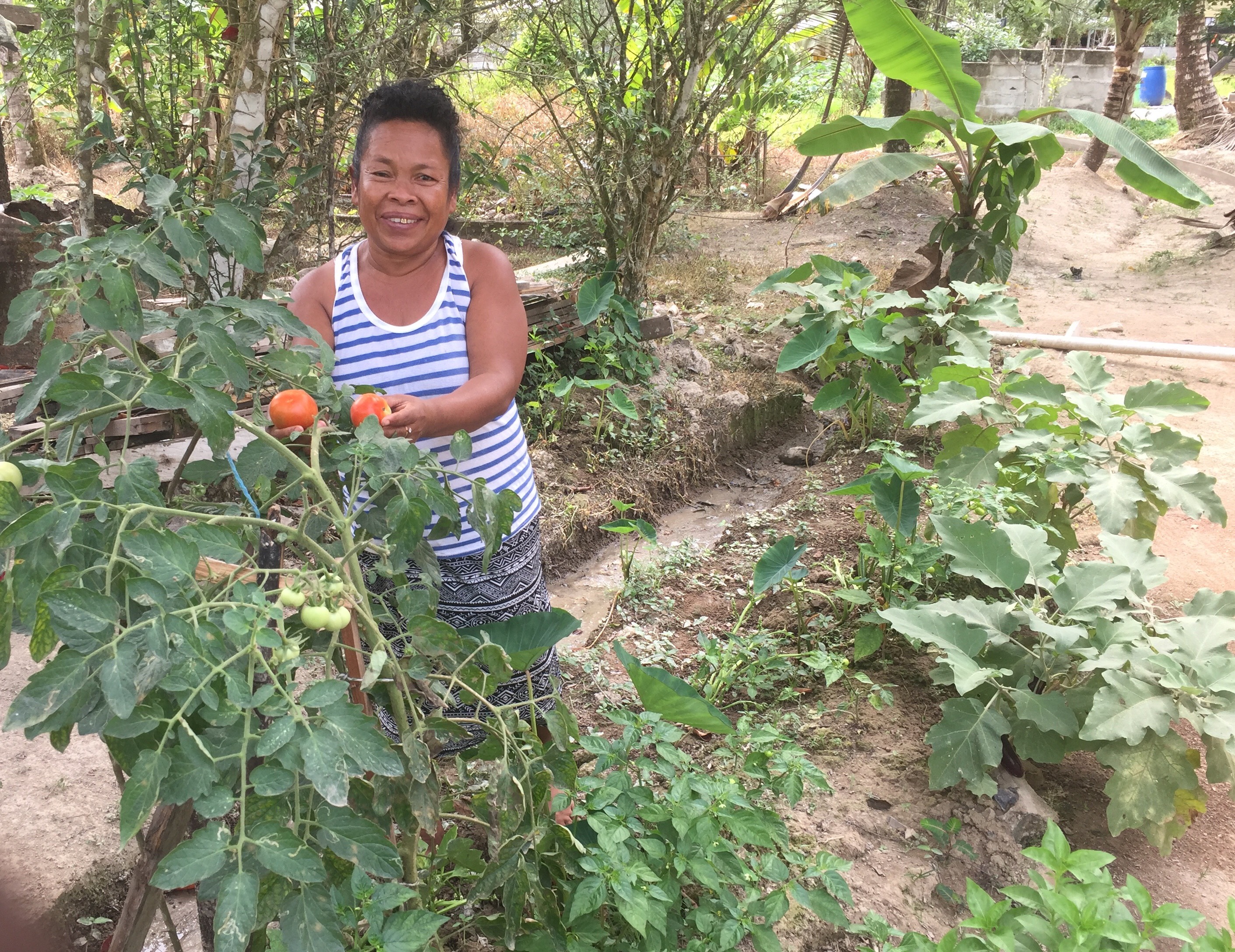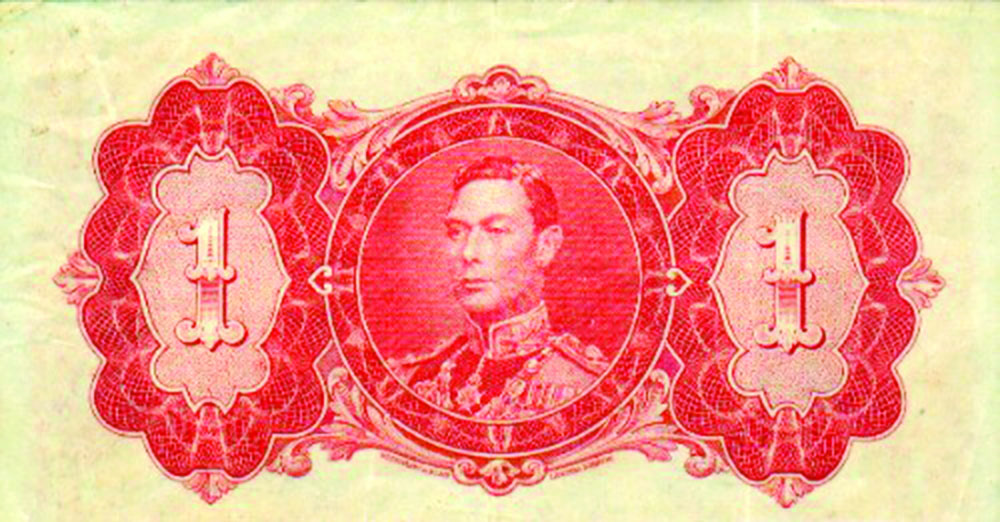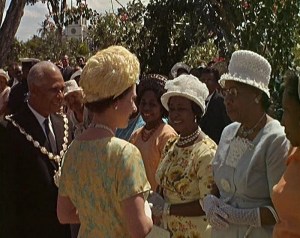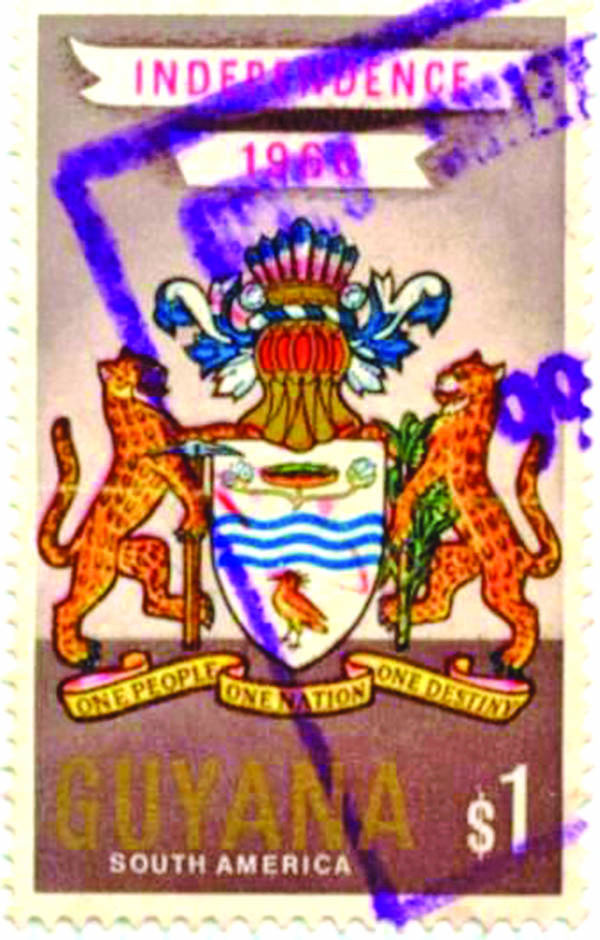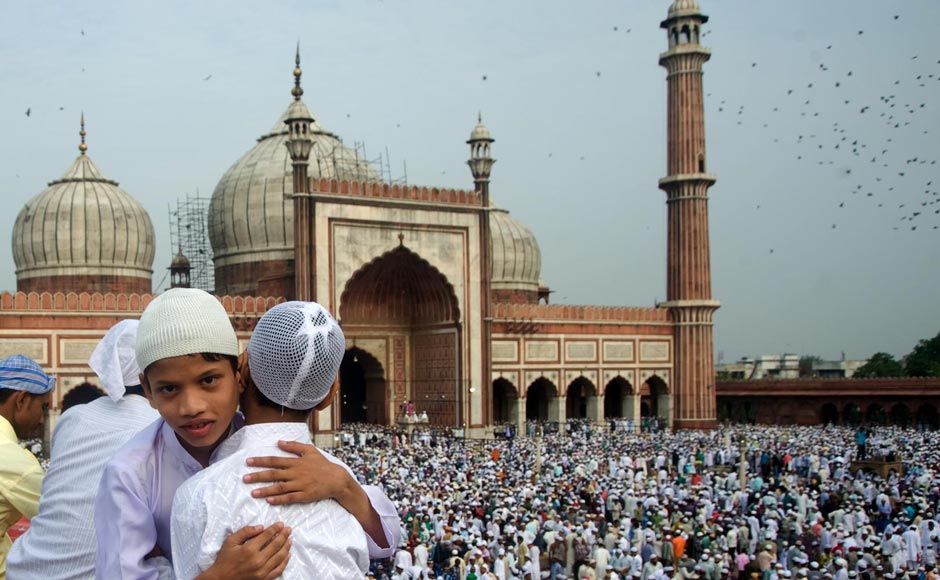In the late 19th century, the decision was made for the construction of a market that would stand the test of time in order to accommodate the increasing number of vendors in Georgetown; that market has survived to this very day. While little official information appears available about the history of Bourda Market, previous unofficial research relates that Bourda market was originally built in 1880, and was soon reconstructed in 1902 to accommodate a growing number of vendors and consumers. The market got its name from the famous colonial, Joseph…
Read MoreCategory: Features
Back from the brink of Death – The story of St Joseph Mercy Hospital’s First kidney transplant patient
Shanti Persaud thought her diabetes was under control. Months later, she was on the brink of death from kidney failure. Deep in the throes of renal failure, barely able to eat, move or talk and on the verge of total exhaustion, Shanti had no idea that her struggle for life would become an incredible survival story. How she beat the odds, survived and eventually moved on to live a normal life is a story of incredible luck, a determined and highly skilled doctor and his team, and a pioneering medical…
Read MoreEID – UL – FITR
Celebration to mark the end of Ramadaan Eid, popularly known as Eid-ul-Fitr, is a festival observed by the Muslim community to celebrate the conclusion of the month of fasting. Eid-ul-Fitr literally means ‘festival of breaking the fast’. Like other festivals observed by the Muslim community, this festival symbolizes faith. The festival is celebrated based on an Islamic belief by following the form of social practice. Eid is celebrated on the first date of Shawwal, that is, the tenth month of the Hijra calendar. During the festival, Muslims exchange gifts, greeting…
Read MoreSPEIGHTLAND WOMAN, EMPOWERED THROUGH FARMING
By Utamu Belle For women of the Speightland community situated in Linden, Region 10 (Upper Demerara- Berbice), farming is more than just planting seeds in the ground and watching them grow – it is a way of life which many have grown to love. Speightland is a small, close-knit community located on the Mackenzie shore of Linden, in close proximity to the old Alumina Plant. Approximately 90 per cent of the population is Indigenous, with subsistence farming and fishing being two of its major economic activities. While much of the…
Read MoreCurrency Independence
Money was first introduced to Guyana by the Dutch colonists, but there was never much in circulation. Previously, according to Guyana.org, there was an informal barter system among the original inhabitants of the territory before they began trading with Dutch colonists and traders for European goods such as knives and cutlasses. Even after the Dutch introduced money, they rarely used it for large business transactions. It was normal for them to write promissory notes, which eventually would be redeemed from their agents in Amsterdam where they sent their sugar and…
Read MoreA Royal visit to welcome Guyana’s independence
A then 20-year-old reporter Claudette Earle, now a retired newspaper editor, pens her firsthand experience of the festivities during HRH Queen Elizabeth’s visit in the monumental year of 1966 just prior to Guyana gaining independence. With her permission, Guyana Times Sunday Magazine reprints a now historic event. “The little child and his mother were among the hundreds who had walked miles down the East Bank road before 7 o’clock that morning in order to secure positions of vantage along the streets the queen was scheduled to pass. They had stood…
Read MoreGuyana’s 1966 Independence Stamps
Soon after the introduction of postage stamps in 1840, countries began using them to portray details about the country in particular, and the move to Independence was one event that was particularly highlighted on many a country’s postage stamps. Guyana issued a new set of stamps to commemorate its Independence on May 26, 1966; new stamps were also required because the country’s name was being changed. Quite appropriately, the Independence stamps depicted the country’s map and new flag, and it’s new Coat-of-Arms in a set of four stamps – 5c,…
Read MoreFrom Independence to Co-Op Republic:
The Constitutional Changes Today, there is a recognized need for constitutional reform but long before present-day events emphasized this fact, Guyana’s Constitution underwent much change since Independence. Understanding these changes may help understand what more needs to be done. The Guyana Constitution of 1966 was adopted upon Independence. It provided among other things for the Governor-General as the Queen’s representative and the Prime Minister to hold executive power. This Constitution stipulated that the Prime Minister would be appointed by the party holding the majority in the National Assembly, then a…
Read Morezakat: An important Pillar of Islam
The five pillars of Islam (arkan al-Islam; also arkan al-din, “pillars of religion”) comprise five official acts considered obligatory for all Muslims. The Quran presents them as a framework for worship and a sign of commitment to faith. The five pillars are the shahadah (witnessing the oneness of God and the prophethood of Muhammad ), regular observance of the five prescribed daily prayers (salat), paying zakah (almsgiving), fasting (sawm; siyyam) during the month of Ramadan, and performance of the hajj (pilgrimage during the prescribed month) at least once in a…
Read MoreRamadaan Origin, Customs, Traditions
Ramadan is considered the holiest month of the year for Muslims. In Ramadan, Muslims fast from food and drink during the sunlit hours as a means of learning self-control, gratitude, and compassion for those less fortunate. Ramadan is a month of intense spiritual rejuvenation with a heightened focus on devotion, during which Muslims spend extra time reading the Qur’an and performing special prayers. Those unable to fast, such as pregnant or nursing women, the sick, or elderly people and children, are exempt from fasting. Ramadan is the 9th month of…
Read More
